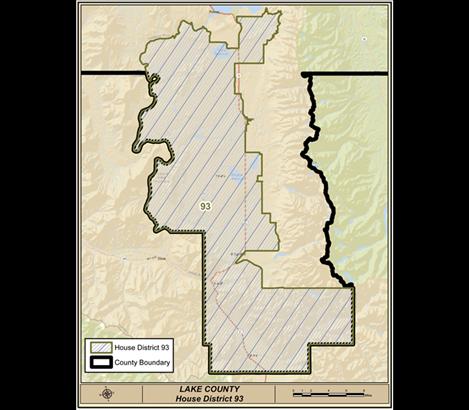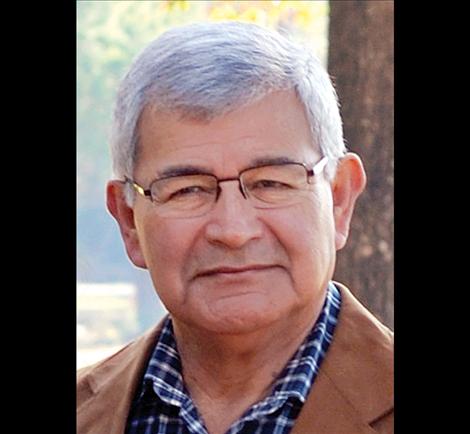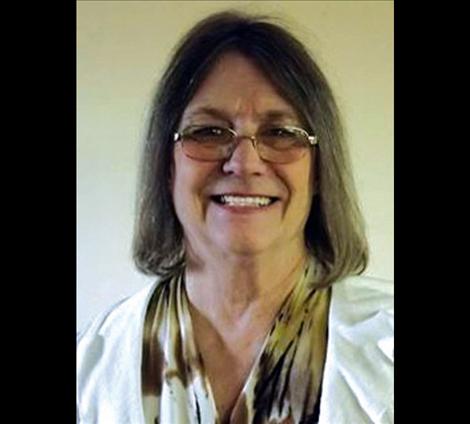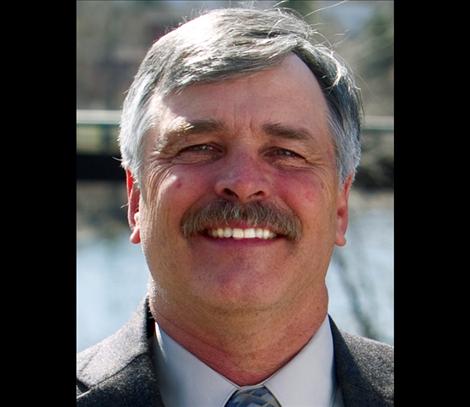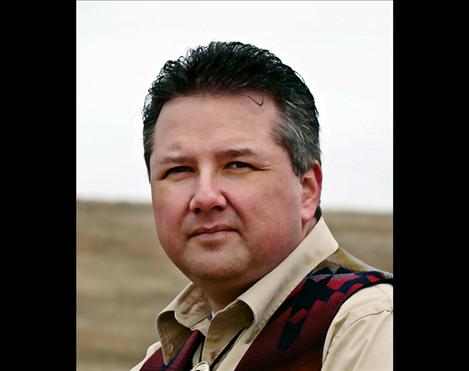HD 93 race draws 4 candidates
Hey savvy news reader! Thanks for choosing local.
You are now reading
1 of 3 free articles.
In a four-way race for the House District 93 seat, two Republicans and two Democrats are campaigning. Democrat Susan Evans will face off with James Steele, Jr. in the primary election on June 3. The Republican race pits incumbent candidate Dan Salomon against Frank Delgado.
Dan Salomon
Born in raised in the Mission Valley, Salomon has represented HD 12 for two terms, serving on the house agriculture, education and business and labor committees. He’s presently serving on the education and local government house interim committee and is a member of the Reserved Water Rights Compact Commission.
Salomon’s three most important issues are education, Medicaid expansion and the water compact.
“I expect to see the Governor’s plans for Early Childhood Education but as of yet, I have not seen the specifics for this. I am concerned about the cost and how this will affect existing daycares and preschools,” Salomon said.
Regarding higher education, he said a tuition freeze was negotiated with the Board of Regents and performance-based budgeting was implemented in the last session, and he would like to see both continue.
Salomon also talked about Common Core standards.
“Currently local school boards exercise control over their choice of curriculum to meet set standards. The question will be, should the legislature decree these standards or should the Board of Public Education retain the authority to determine the standards that Montana students should meet?” Salomon said.
There is a lot of work being done to see if a Montana solution can be reached on Medicaid expansion, according to Salomon.
“Full expansion is just too expensive,” he said. “Medicaid reform opportunities are a key component to getting the cost down. The goals are cheaper costs, better medical services and a healthier population. The real question is — how much reform is worth the growth of a government program?” Salomon said.
Regarding the water compact, Salomon said “This legislation will allow the Flathead Indian Irrigation Project irrigation system to have a bright future with agriculture being the lifeblood of this valley,” Salomon said.
“Western Montana will have 90,000 acre feet of new water for use to ensure the continued development of this area. There is nothing illegal or unconstitutional in this document, and there is definitely no taking of any water rights.”
Without a compact, the CSKT will have to file their claims and irrigators will lose the low block of power, $42 million for the FIIP project, and Montanan’s lose 90,000 acre feet of water to out-of-state users, according to Salomon.
“This would also insure litigation for multiple decades,” Salomon said.
Frank Delgado
A 13-year resident of Lake County, Delgado’s background is business management, having received his degree from Pepperdine University.
His history is made up of various management positions in different manufacturing environments and industries such as steel, food, petrochemical and consulting for a software company.
During his years in the Mission Valley, he and his wife have participated in many community activities and organizations.
“I was a board member on the Ronan City Library Board for 10 years, six of those as chairman. I coached two baseball teams, one in Ronan and one in St Ignatius. We have helped and supported the Boys and Girls Club for the past eight years in many capacities. I am a board member on the Lutheran Church Missouri Synod Board of Directors for the State of Montana. I am also a board member for the Lake County Pachyderms,” Delgado said.
He listed three important issues to House District 93 constituents.
“The first is the lack of representation in the negotiation of the water compact. This is the overwhelming issue we are facing at the present time. Most people in the Valley feel disenfranchised in how this has been conducted,” he said.
Delgado said he does not believe that the majority of irrigators are for the compact.
Another issue is the acceptance of Common Core by the state’s education department without input from the parents, school boards, and voters.
“The future of our children and Montana is being determined by what our children are being taught. What they are being taught is decided by people in the government. We need to take back our schools and decide what our children will be taught,” Delgado said. “Unfortunately there are so many issues that need to be addressed that 350 words can only touch the tip of the iceberg. I would need pages to enumerate, but I will let the voters (know) where I stand,” he said. “Less government and regulations are the issues.”
James Steele, Jr.
Steele, a graduate student at the University of Montana and a policy consultant, has lived in Lake County more than 30 years.
Steele served as Confederated Salish and Kootenai Tribal Council Chair for four years and as a councilmember for eight years.
“In those years, I gained a keen knowledge of dealing with a variety of governments — local, state, tribal and federal,” Steele said.
When asked what three issues are most important to the citizens of House District 93, Steele’s first issue was economic development for job creation.
“We need to encourage the job creators of the district and give them positive incentives to create good paying jobs for our citizens,” Steele said.
Another important issue is the water compact.
The water compact must be passed. It is a good compromise between the state of Montana and the tribes,” Steele said. “If we do not approve the compact, we will have the largest lawyer employment program in Montana for years to come, from all the water litigation that will arise from it. The money spent on litigation could be used to help the citizens.”
Steele said commonsense bills need to be brought back to the Montana House of Representatives.
“(We need to) pass bills that help give our citizens good jobs, good health and a good education,” Steele said.
Susan Evans
Evans said she has been involved with many organizations and served on numerous committees and commissions. This work “honed my listening skills, research skills and ... my skills of cooperation and commitment to getting things done in a timely manner.”
Evans is a small business owner so she understands the daily nuts and bolts of a successful operation. She also worked as a customer representative for the Lake County Leader, taught in Wolf Point and substituted in every school in Polson, as well as Pablo and Ronan.
Evans’ issues start with Medicaid expansion. She said far too many people in Lake County were counting on the expansion, which the legislature rejected.
“Balancing the budget by neglecting the important health needs of our people is unnecessary, when (Montana) is one of the few states who have a surplus,” Evans said.
Her suggestion is to use that surplus to improve healthcare for everybody and to create jobs.
Another issue for Evans is schools. Many buildings are far beyond the 40-year expected use limits, she said.
“We need to quit funding charter schools and fund our public schools. We need to expand curriculums to include the arts, to develop well-rounded, creative thinkers. Sports are good, but not enough students participate meaningfully in sports, to let that be the major expense line item,” Evans said.
“We need to protect our air, water, and land from out of state corporations who would strip us bare and walk away with all the profits, leaving us to repair the ravages of mindless greed,” Evans said. “We need to phase out coal production and replace it with renewable sources, while maintaining and increasing good job opportunities. We need to encourage sustainable farming and ranching that will protect the health of our people, and rejuvenate our economy.”















